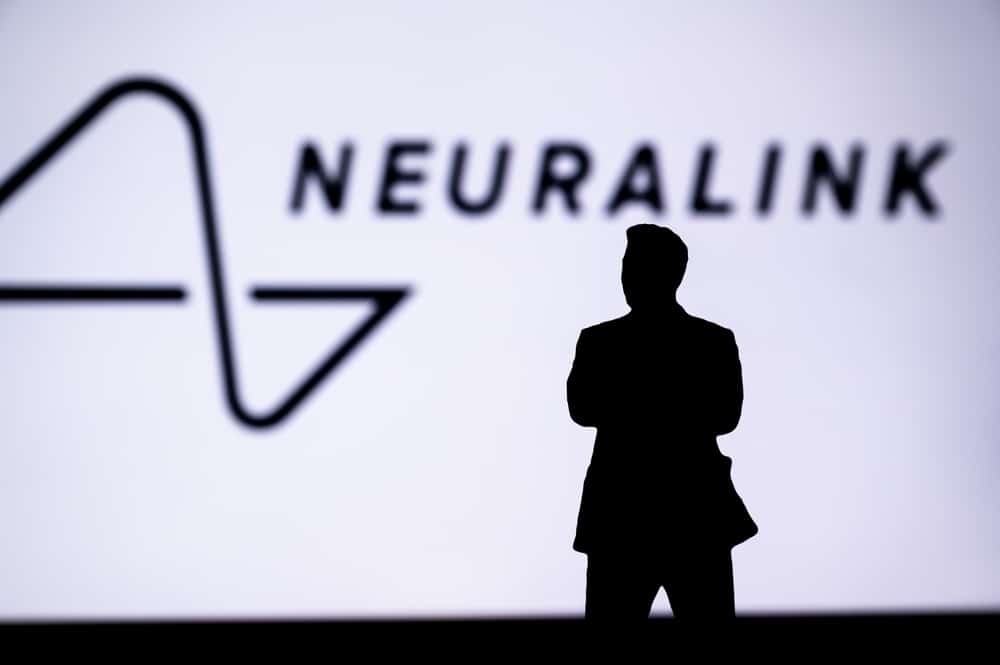In a recent development, approximately 20 employees from the U.S. Food and Drug Administration (FDA) were dismissed over the weekend as part of a broader federal workforce reduction led by the Department of Government Efficiency (DOGE).
Notably, several of these individuals were involved in reviewing clinical trial applications for Elon Musk’s brain implant company, Neuralink.
The affected personnel were part of the FDA’s Office of Neurological and Physical Medicine Devices, the division responsible for overseeing clinical trials for brain-computer interface devices, including those developed by Neuralink.
Sources familiar with the matter indicated that while the employees were not specifically targeted due to their work with Neuralink, their dismissal could impede the FDA’s capacity to efficiently and safely process medical device applications.
Victor Krauthamer, a former FDA official with three decades of experience, expressed concerns about the potential impact of these layoffs on the oversight of Neuralink’s trials.
He emphasized the importance of protecting participants involved in such trials and highlighted the possible risks associated with reduced regulatory scrutiny.
The Department of Government Efficiency, established under the current administration to streamline federal operations, has been implementing significant staff reductions across various agencies.
These actions have raised questions about potential conflicts of interest, given Elon Musk’s dual role as both a federal efficiency advisor and the head of companies subject to federal regulation.
In a recent interview, Musk addressed concerns about his influence over federal operations, suggesting that attention should instead be directed toward unelected federal employees.
The White House has stated that Musk will recuse himself from decisions where conflicts of interest may arise.
Neuralink is currently conducting clinical trials on a device designed to enable individuals with paralysis to control digital devices through thought alone.
The company is also developing an implant aimed at restoring vision, which has received an FDA designation intended to expedite its development and review process.
The recent FDA staff reductions have sparked debate about the balance between governmental efficiency and the necessity of rigorous oversight, especially concerning medical devices that directly impact human health and safety.










